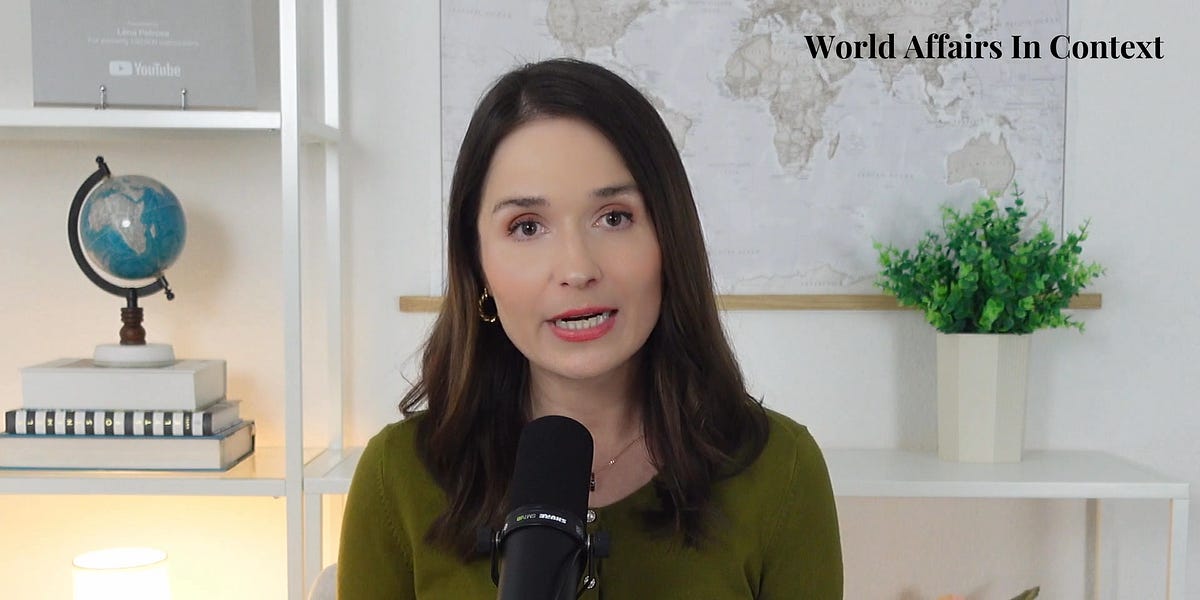Watch the full episode here:

Good evening. It's Friday, June 30. Welcome to a new episode of System Update, our live nightly show that airs every Monday through Friday, at 7:00 p.m. Eastern, exclusively here, on Rumble, the free speech alternative to YouTube.
Back in 2002 and 2003, the debate over whether to invade the war in Iraq was marked by all sorts of dissent repression techniques. The marginalization of critics was so extreme that even the corporate outlets responsible for them were forced to issue mea culpas.
In 2004, the New York Times issued an "Editors' Note" apologizing for their one-sided coverage of the debate, fueled by an uncritical appearance of unverified claims from the US intelligence community: "Looking back," said the Paper of Record, "we wish we had been more aggressive in re-examining the claims as new evidence emerged -- or failed to emerge."
Also in 2004, The Washington Post's media critic, Howard Kurtz, published a critique of his paper's one-sided coverage of Iraq, entitled; "The Post on WMDs: An Inside Story - Prewar Articles Questioning Threat Often Didn't Make Front Page." He wrote:
Days before the Iraq war began, veteran Washington Post reporter Walter Pincus put together a story questioning whether the Bush administration had proof that Saddam Hussein was hiding weapons of mass destruction. But he ran into resistance from the paper's editors, and his piece ran only after assistant managing editor Bob Woodward, who was researching a book about the drive toward war, "helped sell the story," Pincus recalled. "Without him, it would have had a tough time getting into the paper." Even so, the article was relegated to Page A17.
"We did our job but we didn't do enough, and I blame myself mightily for not pushing harder," Woodward said in an interview. "We should have warned readers we had information that the basis for this was shakier" than widely believed. "Those are exactly the kind of statements that should be published on the front page." (The Washington Post, August 12, 2004)
But the repression surrounding dissent toward the US in Ukraine makes the debate over the Iraq War look balanced, open and free. Even the most accomplished scholars with the most impressive academic pedigrees have been almost entirely marginalized – excluded – from corporate media outlets which rarely, if ever, allow dissent to Biden's proxy war in the U.S. to be aired.
That includes as our guest tonight: John Mearsheimer, the long-time R. Wendell Harrison Distinguished Service Professor of International Relations at the University of Chicago, who has been heralded by academic journalists as one of the most influential scholars in the field.
Sometimes this repression has taken the form of brute repression: shortly after the invasion, the EU made it illegal – a crime – to provide a platform to any state media from Russia. Big Tech has routinely censored those who express dissenting views about the prevailing Western narrative on the war but, as is the case for Professor Mearsheimer and so many others who have a divergent perspective on this war, they are simply ignored – denied access to major corporate outlets – which opt instead to have a virtually dissent-free discourse that pretends that everyone knowledgeable supports the war policy of Biden and the EU.
Independent media - on platforms devoted to free speech, as such Rumble - is one of the few instruments for undermining that dissent-suppression. We are, for that reason and so many others, delighted to show you this in-depth discussion of the war in Ukraine and the U.S. role in the world which we recorded with Professor Mearsheimer earlier today.
As a reminder, System Update is available in podcast form as well. You can follow us on Spotify, Apple and all other major podcasting platforms. The episodes are posted 12 hours after they first air, live, here on Rumble and you can rate and review each episode which helps us spread the visibility of the program.
NOTE: As a programming note, we will be off on Monday and Tuesday nights for the Fourth of July holiday, then, back on Wednesday night of next week at our regular time at 7 p.m.
Here is our interview with Prof. Mearsheimer, which we genuinely found very enlightening, and we hope you do as well.























